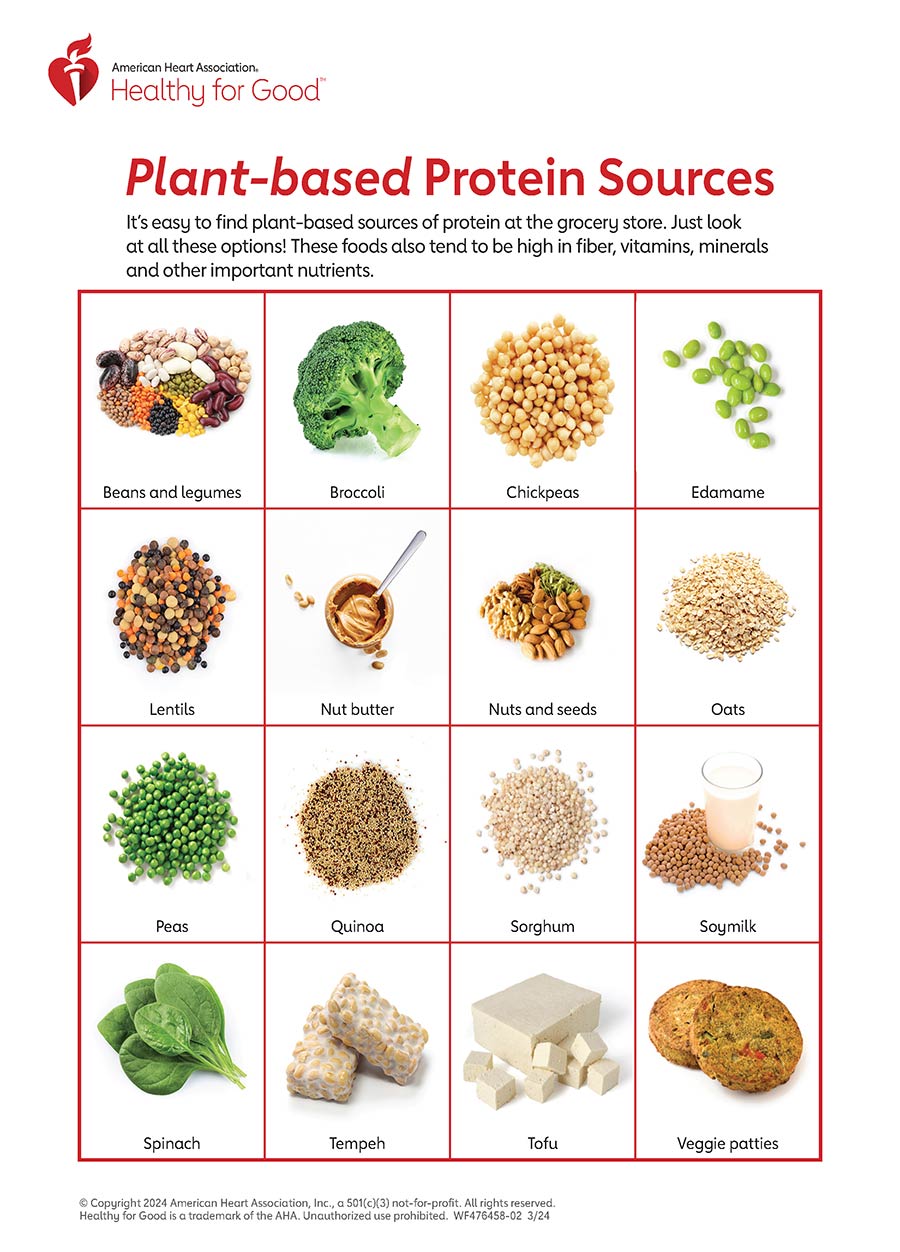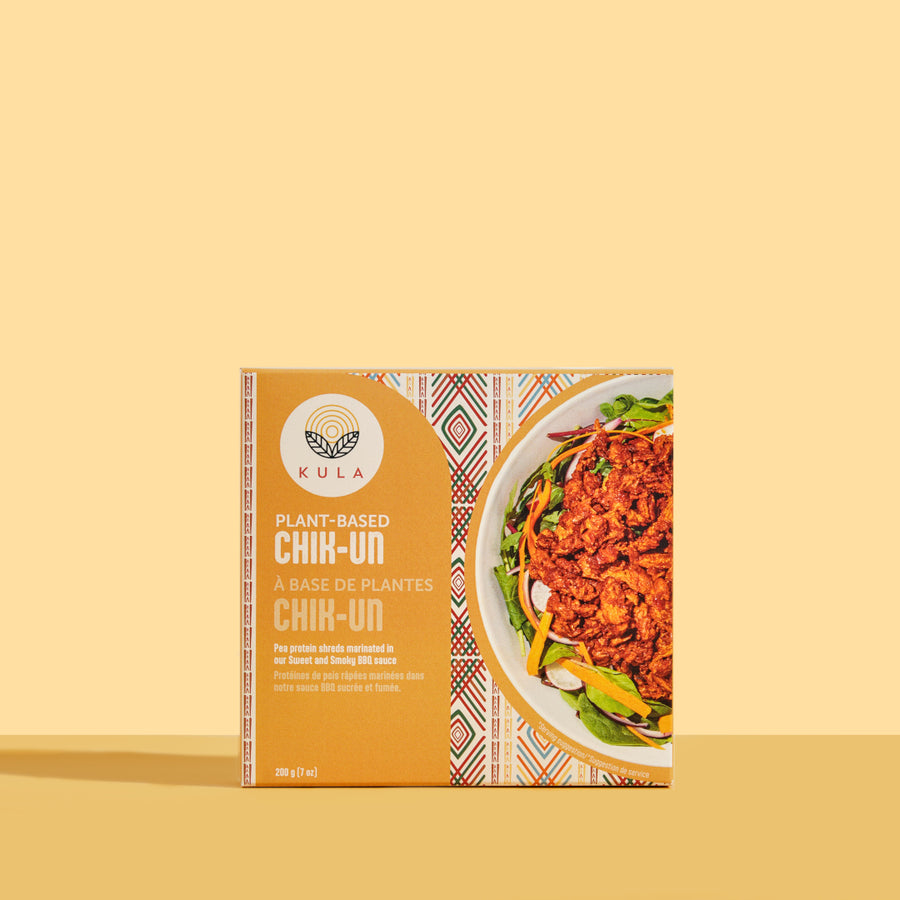BBQ Sauces Ranked: Which Ones Complement Plant-Based Meals Best?
BBQ Sauces Ranked: Which Ones Complement Plant-Based Meals Best?
Blog Article
Everything About Healthy Food: Advantages of Enjoying Plant Based Options
The discussion surrounding plant-based diets has obtained substantial focus in current years. Many people are discovering the possible wellness benefits, nutritional benefits, and ecological effects connected with these dietary options. As people become a lot more knowledgeable about their food's impact on well-being and sustainability, questions arise concerning the usefulness of adopting such a way of life. What particular changes can one anticipate, and just how might these options reshape not just individual health and wellness yet additionally the world's future?
Understanding Plant-Based Diet Regimens
Although many individuals connect plant-based diets mostly with vegetarianism or veganism, these diets can incorporate a wide variety of consuming patterns that focus on entire, minimally processed plant foods. Such diets frequently include fruits, veggies, entire grains, seeds, vegetables, and nuts, while limiting or removing pet products. This adaptability enables individuals to tailor their nutritional choices according to individual preferences and dietary demands. Some may take on a largely plant-based diet while still periodically consuming meat or dairy, often referred to as a flexitarian approach. The emphasis remains on integrating even more plant foods, which can bring about a varied variety of dishes and flavors. Understanding these numerous analyses of plant-based eating is vital for appreciating its access and appeal in contemporary food society.
Wellness Benefits of Plant-Based Foods
The health advantages of plant-based foods are considerable, using a nutrient density benefit that sustains total health. Research indicates that these foods can enhance heart health and wellness and play an important function in reliable weight administration. By integrating extra plant-based alternatives, people might boost their nutritional choices and advertise lasting wellness.
Nutrient Thickness Benefit
Nutrient thickness plays a crucial role in the health advantages of plant-based foods, making them an engaging choice for those looking for a balanced diet regimen. Plant-based foods, such as fruits, veggies, legumes, nuts, and entire grains, are typically rich in important vitamins, minerals, and antioxidants while being reduced in calories. This high nutrient density permits people to take in less calories while still fulfilling their nutritional requirements. In addition, these foods are loaded with dietary fiber, promoting gastrointestinal health and aiding in weight management. By incorporating nutrient-dense plant-based choices, customers can enhance their general health, support their immune systems, and decrease the danger of persistent illness. Eventually, the nutrient density of plant-based foods underscores their relevance in a health-conscious way of living.
Heart Health And Wellness Improvement

Weight Monitoring Assistance
Along with advertising heart health, a plant-based diet can significantly assist in weight monitoring. This dietary technique stresses entire foods such as fruits, vegetables, vegetables, nuts, and entire grains, which are usually reduced in calories and higher in fiber contrasted to animal-based items. The high fiber material aids enhance satiation, lowering overall calorie consumption. In addition, plant-based diets are usually rich in essential nutrients while reduced in unhealthy fats, making it simpler to keep a healthy and balanced weight. BBQ Sauces. Research study suggests that individuals that embrace a plant-based lifestyle often tend to have reduced body mass indexes (BMIs) and experience more successful fat burning compared to those who consume meat-heavy diets. As a result, accepting plant-based alternatives is a strategic choice for efficient weight administration
Nutritional Value of Plant-Based Ingredients
Plant-based components are rich in essential nutrients, providing a varied selection of vitamins, minerals, and antioxidants that add to general health. A contrast of protein sources exposes that while animal products are frequently seen as superior, numerous plant-based alternatives offer sufficient healthy protein and various other beneficial compounds. Recognizing the nutritional worth of these active ingredients can help individuals make informed dietary options.
Necessary Nutrients in Plants
Nutrient-rich active ingredients discovered in plants supply a varied selection of essential minerals and vitamins that add considerably to overall health. These ingredients are rich in vitamins A, C, and K, which sustain immune feature, vision, and blood clot, specifically. Furthermore, plants offer vital minerals such as magnesium, potassium, and calcium, critical for heart health and wellness, muscle function, and bone toughness. The existence of fiber in plant-based foods aids digestion and promotes a healthy and balanced intestine microbiome. Anti-oxidants, discovered abundantly in vegetables and fruits, assistance fight oxidative anxiety and minimize swelling. Furthermore, many plant foods are low in calories yet high in nutrients, making them an excellent choice for those seeking to preserve a Plant Based Chicken healthy and balanced weight while ensuring optimal nutrient intake.
Contrasting Healthy Protein Sources
Protein sources vary significantly in their nutritional profiles, with plant-based ingredients using unique benefits. Unlike animal proteins, which often include saturated fats and cholesterol, plant proteins often tend to be reduced in these harmful components. Legumes, nuts, seeds, and whole grains are abundant in important amino acids, fiber, vitamins, and minerals. Lentils give high protein material together with significant iron and folate, while quinoa is a complete healthy protein, using all nine crucial amino acids. Additionally, plant-based healthy proteins are typically come with by antioxidants and phytochemicals that sustain general wellness. The change to plant-based protein sources not only enhances nutritional intake yet likewise aligns with lasting nutritional techniques, reducing environmental influence and promoting lasting health and wellness advantages.
Ecological Impact of Plant-Based Eating
As recognition of climate modification expands, lots of individuals are checking out lasting dietary options that can considerably lessen their environmental impact. Plant-based eating has arised as a significant factor to reducing greenhouse gas discharges, which are mostly connected with livestock production. The growing of fruits, grains, veggies, and legumes generally needs less resources, such as water and land, compared to animal farming. Furthermore, plant-based diets can result in decreased logging, as much less land is needed for grazing livestock or growing animal feed. By shifting in the direction of plant-based alternatives, consumers can sustain biodiversity and promote much healthier ecological communities. On the whole, welcoming plant-based eating not only benefits personal wellness but additionally represents a crucial action toward environmental sustainability and conservation initiatives.
Overcoming Common Misconceptions
While lots of people identify the advantages of a plant-based diet plan, a number of misunderstandings commonly prevent them from fully accepting this way of life. A typical belief is that plant-based diets lack adequate protein; nevertheless, many plant resources, such as vegetables, nuts, and tofu, give adequate healthy protein. Furthermore, some presume that this diet is pricey, when actually, staples like beans, rice, and seasonal vegetables can be fairly economical. One more misunderstanding is that plant-based consuming is extremely limiting, whereas it really provides a diverse selection of tastes and foods. Many stress that a plant-based diet plan might lead to deficiencies, yet with correct preparation, individuals can get all required nutrients, consisting of minerals and vitamins, while taking pleasure in a broad selection of tasty dishes. Vast Tips for Transitioning to a Plant-Based Lifestyle
Making the change to a plant-based way of living can be an enhancing experience, though it commonly requires some advice to browse the initial modifications. People are urged to start gradually, including more fruits, vegetables, beans, and entire grains into their meals while lowering meat and dairy products intake. Dish planning is essential; preparing a weekly menu can help ease the change and avoid final unhealthy options. Discovering cooking techniques and brand-new dishes can also keep and improve the experience exhilaration about plant-based eating. Furthermore, joining assistance groups or neighborhoods can give inspiration and share important pointers. Staying educated regarding nutrition assurances balanced meals, avoiding deficiencies while fostering a healthy and balanced, enjoyable plant-based lifestyle.

Delicious Plant-Based Meal Concepts
Exploring scrumptious plant-based meal ideas can motivate individuals to welcome an extra nutritious diet plan. One preferred option is a passionate quinoa salad, including cherry tomatoes, cucumber, and a zesty lemon-tahini clothing. An additional favorite is a full-flavored lentil stew, packed with carrots, celery, and aromatic natural herbs, perfect for a soothing supper. For breakfast, overnight oats made with almond milk, chia seeds, and topped with fresh berries supply a nutritious start to the day. Furthermore, a vibrant vegetable stir-fry with tofu and a variety of vivid veggies can be a quick yet satisfying meal. Luscious avocado salute on whole-grain bread, sprinkled with seeds and seasonings, provides a simple yet flavorful treat. These meals display the range and splendor of plant-based eating.

Frequently Asked Concerns
Can a Plant-Based Diet Plan Offer Sufficient Healthy Protein?
The concern of whether a plant-based diet can give adequate protein is typical. Many resources, consisting of beans, nuts, seeds, and whole grains, can meet healthy protein needs properly, supporting a well balanced and healthy diet regimen for individuals.
Are Plant-Based Diets Appropriate for Children?
The suitability of plant-based diet plans for children relies on careful preparation. Sufficient nutrients have to be ensured, consisting of minerals, vitamins, and healthy proteins. With proper advice, such diet plans can sustain healthy development and advancement in youngsters.
Exactly how Do I Eat in restaurants on a Plant-Based Diet plan?
Eating out on a plant-based diet entails seeking dining establishments with varied food selections, requesting for adjustments, and exploring vegan-friendly choices. Preparation ahead and communicating nutritional choices can enhance the eating experience while keeping dietary choices.
What Prevail Irritants in Plant-Based Foods?
Common allergens in plant-based foods consist of soy, gluten, nuts, and seeds - Plant Based Beef. People adhering to a plant-based diet ought to be mindful of these irritants and read labels meticulously to prevent negative responses and assure safe consumption
Can Plant-Based Diets Assist With Fat Burning?
Study suggests that adopting a plant-based diet may assist in weight reduction because of its typically lower calorie density and higher fiber web content. This mix can boost satiation, helping individuals manage their caloric intake effectively. Several people link plant-based diets mainly with vegetarianism or veganism, these diets can encompass a broad variety of consuming patterns that prioritize whole, minimally processed plant foods. Nutrient thickness plays an important duty in the health benefits of plant-based foods, making them a compelling selection for those seeking a well balanced diet. Plant-based diets have been revealed to markedly improve heart wellness, as they frequently include aspects that support cardiovascular feature. In addition to advertising heart health, a plant-based diet plan can substantially aid in weight monitoring. A typical belief is that plant-based diet plans do not have adequate protein; nevertheless, countless plant resources, such as beans, nuts, and tofu, give ample protein.
Report this page